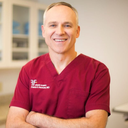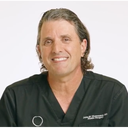Nicotine powerfully constricts the microcirculation reducing blood flow to the skin. This can contribute to complications after a facelift. The most concerning is necrosis of the skin. When portions of the skin die, healing occurs by regeneration from underneath. This process usually takes several weeks to months and often results in some degree of undesirable scarring. Skin necrosis is reported in approximately 2-3% of all facelift cases but is reported to occur as often as 12 times more often in people who smoke. The facelift technique, the amount of permanent compromise to the circulation and other health conditions like diabetes can further increase the risks. For this reason, many doctors will not operate on a person who actively smokes. Abstaining from nicotine use at least 4 weeks prior and a couple weeks after is advised by many surgeons. It is always best to consult with your surgeon about your specific risks. Modified or alternative treatments may be an option to help reduce the risks.








